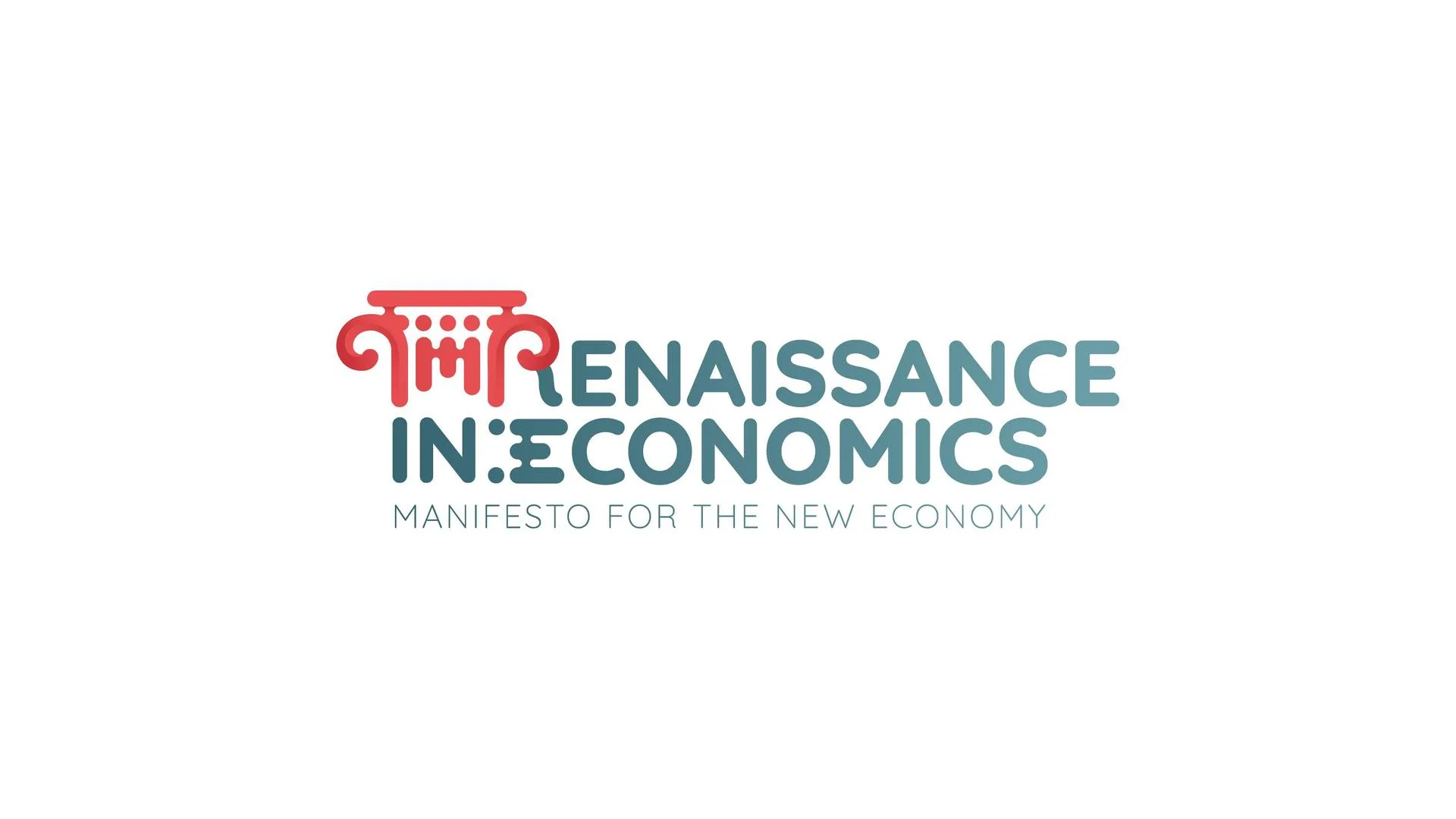
Smart Networking During Academic Conferences
Read a summary using the INOMICS AI tool
We've talked before about how conferences are a great opportunity to network as well as to hear about the latest research in your field and to present your own work to the academic community. But how can you make the most of your networking opportunities while you are at a conference? What's the best way to make contacts and to keep in touch when you meet someone who could be a part of your network? Here are our tips on smart networking during academic conferences.
Ask questions after talks
When you go to see a talk at a conference, there will almost always be time at the end for comments, questions, or feedback from the audience. This is the time at which some of the most informative and productive discussion occurs, so don't be afraid to join in! You could ask the presenter about their methods or about other studies which they are planning for the future. Some of the most interesting answers come from asking the speaker to speculate on an open question in the field, or to share some of their newest ideas which are currently under development.
Attend the social events
As well as the academic events, don't underestimate the importance of social events such as dinners, parties, or sight-seeing trips. These events are usually more casual and informal than the academic events, and they can be a great chance to get to know the other conference attendees in a more low-key setting.
Bring business cards
Whenever you're attending a conference, it's always helpful to bring some business cards with you. They needn't be fancy, but a simple card with your name, university affiliation, and email address on them will make your networking much smoother. When you've had a productive conversation with someone and you'd like to keep in touch, offer them a business card so that they'll have your email address if they should ever want to contact you.
Put your email address on your materials
Another great tip for sharing your email address is this: if you're giving a presentation, then make sure that your email address is visible either on your poster or on your slides. This means people can note down your contact details and get in touch with you after the conference if they have questions about your work.
Network with people of all levels of seniority
When academics are just starting out their career and are going to their first conference, it's common for them to feel as if it's only appropriate for them to talk to other junior academics. But in fact, that's not the case. Senior academics and even full professors will usually be quite happy to talk to academics at any stage in their career, and you can learn a whole lot from someone who has extensive experience of working in your field.
For a successful networking connection, find a balance
So here's the big question: what does networking look like in practice? Well, the good news is that it isn't terribly complicated – you just have to find people to talk to who might be able to help you with issues related to your career. What you are trying to do is establish a reciprocal relationship, where you can both help or inform each other. For this reason, try to find a balance when talking to people for networking purposes. You want to send a roughly equal amount of time discussing your work and their work, so that you both gain something. Don't be shy about telling people what your research is about and why they might find it to be interesting. Even if you're a lot more junior than the person you're talking to, they are still likely to be interested in your work if it is within their field.
-
- Workshop, Conference
- Posted 1 week ago
Call for Papers: 3° International Conference Renaissance in Economics 2026
Between 14 May and 15 May in Rome, Italia
-
- Conferencia
- Posted 4 days ago
45th RSEP International Multidisciplinary Conference
Between 4 Feb and 5 Feb in Lisbon, Portugal
-
- Conferencia
- (Hybrid)
- Posted 1 month ago
Call for Papers - In_equality Conference 2026
Between 15 Apr and 17 Apr in Konstanz, Alemania











